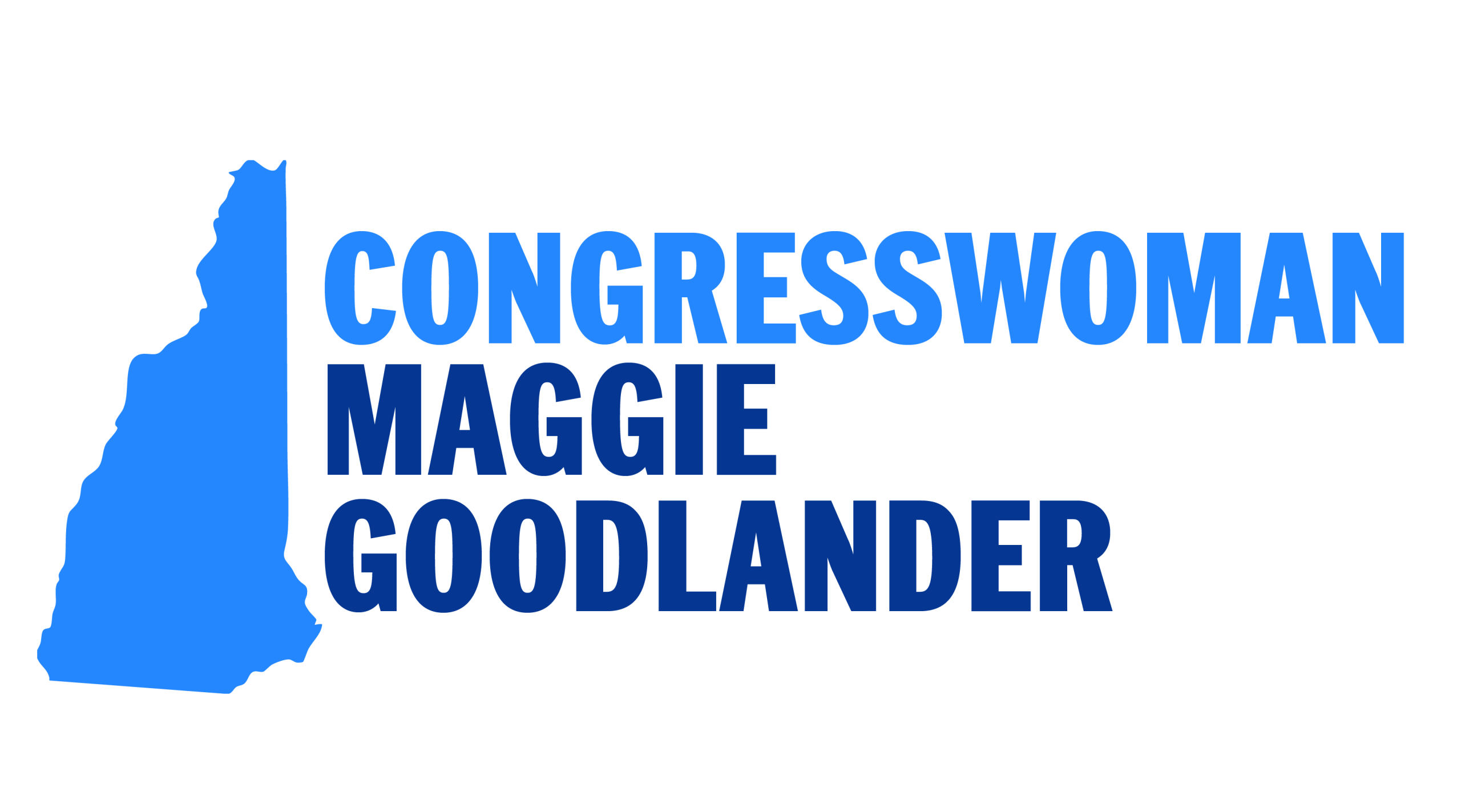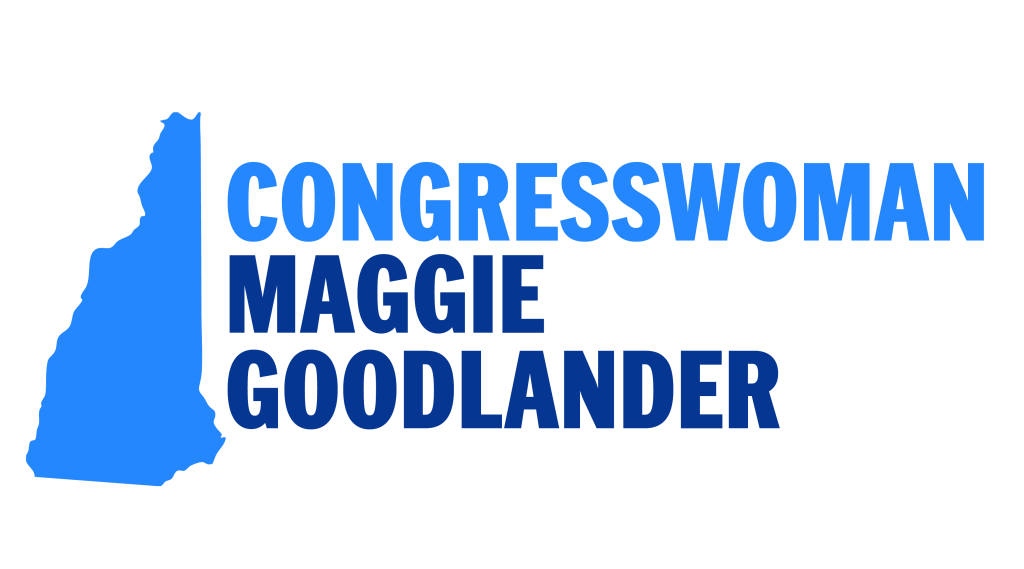NASHUA, NH – U.S. Congresswoman Maggie Goodlander met at the Nashua Soup Kitchen and Shelter (NSKS) with hunger-fighting organization leaders to discuss how federal cuts to nutrition assistance are affecting New Hampshire. The proposed cuts to the Supplemental Nutrition Assistance Program (SNAP) and the cancellation of USDA grants will add new difficulties to the already daunting challenge of fighting food insecurity in the Granite State.
SNAP is a federal program that provides food benefits to low-income families to supplement their grocery budget. In New Hampshire in FY 2024, an average of 76.9k residents received SNAP benefits, representing 5.5% of the population.
The House Republican reconciliation bill is estimated to cut SNAP spending by nearly $300 billion through 2034. It will restrict future updates to the Thrifty Food Plan (TFP), the basis for SNAP benefit levels, which would reduce benefits over time. The bill will reduce the Federal support for administration costs from 50% to 25%, increasing the burden to states. It also includes an expansion of work requirements to qualify for benefits.
These cuts have yet to go into effect, but local organizations are already seeing an increase in demand for food. Shifting economic conditions, the slowing of bureaucratic processing because of reductions made to the federal workforce, are contributing factors.
“Our pantry visits are up. So the pounds of produce that are going out in the food boxes are up. We do a monthly staple food box. That’s when families can get their milk, their eggs, their fresh meat. The essentials. I would say 10 to 15 items, depending on what we can procure either from the food bank or from other stores,” said NSKS executive director Jane Goodman.
“We’ve seen demand really increasing. And our big concern is that if there are cuts to SNAP, that’s a lifeline for folks. So we’re just one lifeline in addition to others..There are going to be more people here. And then the people that are already coming here, they’re just going to be falling on harder times. So we keep our eyes on the news,” said the director.
Goodlander discussed the proposed administrative changes for additional work requirements and more frequent qualification for benefits, which will further burden the system.
“It feels to me like between Medicaid and SNAP, there’s a lot of overlap in these communities. We’re going to need an army of bureaucratic geniuses who can help people navigate these really difficult systems,” said Goodlander.” Just the work requirements themselves can speak to what you see and then answer the question that I hear from a lot of my Republican colleagues who say, ‘How can you be opposed to work requirements?’ It’s a fundamental misunderstanding of what these programs are all about and what the goals are and what the realities are for people trying to live their lives and stay fed.”
Pastor Mark Perkins from the Southern NH Rescue Mission confirmed the general trend of an increase in demand and expressed his concerns with the implications of future cuts.
“When I first showed up three years ago, we were serving about 56 families. Now we’re running 94 or better every two weeks. We serve, like I said, our meals, and we’re now serving breakfast. We’re seeing 50, 60, 70 for breakfast just about every day. And then we served 87 meals last night for dinner. And that tends to be mostly the unsheltered population,” said Perkins
Elsy Cipriani, Executive Director, NH Food Bank (NHFB), described the combination of factors that complicate and compound hunger issues for the people they serve. Reductions to healthcare access and mental health, and substance abuse treatment that will come with the proposed Medicaid cuts and the housing crisis in the state only add to the problem of hunger.
She described the unlikely prospect of NHFB’s organizational ability to fill the gap in demand with the pending SNAP cuts.
“Last year, we distributed 17 million pounds of food (from the NH Food Bank.) If we compare that to what SNAP distributed, which was about 14 million pounds of food through SNAP, if we think about that, that’s going to disappear. It’s totally unrealistic to think that the Food Bank system, the Food Bank emergency system, is going to take over. That’s something that we’ll have to create over the years,” Cipriani said.
Part of the conversation was about how the federal cuts, in combination with reductions in the state system, will complicate matters further. Reductions in state HHS resources and the increased costs being passed on to the state have not been addressed.
“I don’t think we’ve ever really had to do anything quite like this, but it’s going to take a lot of creativity and leveraging. We have so many partners around the state with different expertise and resources to bear. But it’s a mixture of, I don’t see how, from a budget standpoint, New Hampshire is going to be able to shoulder the cost of federal cuts,” Goodlander said.
“At the end of the day, we’re just going to keep meeting the demand as best we can,” said Goodman.















